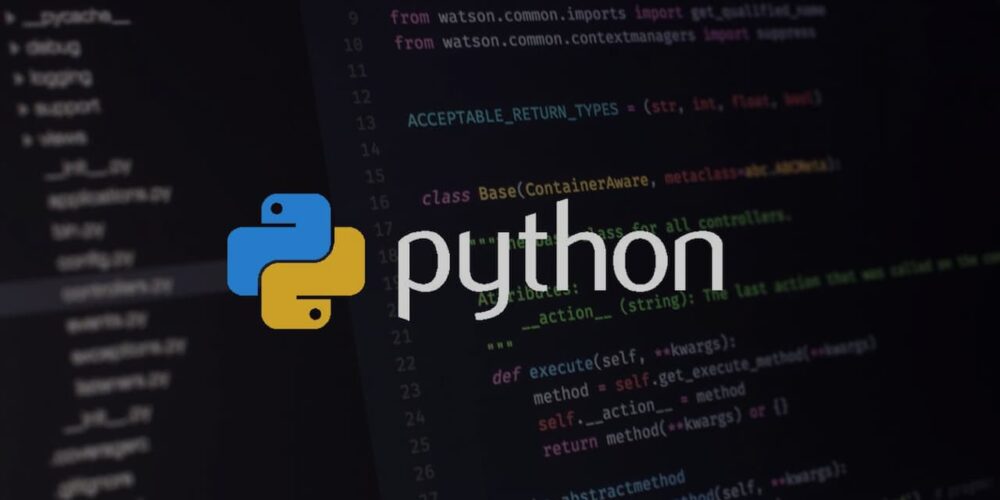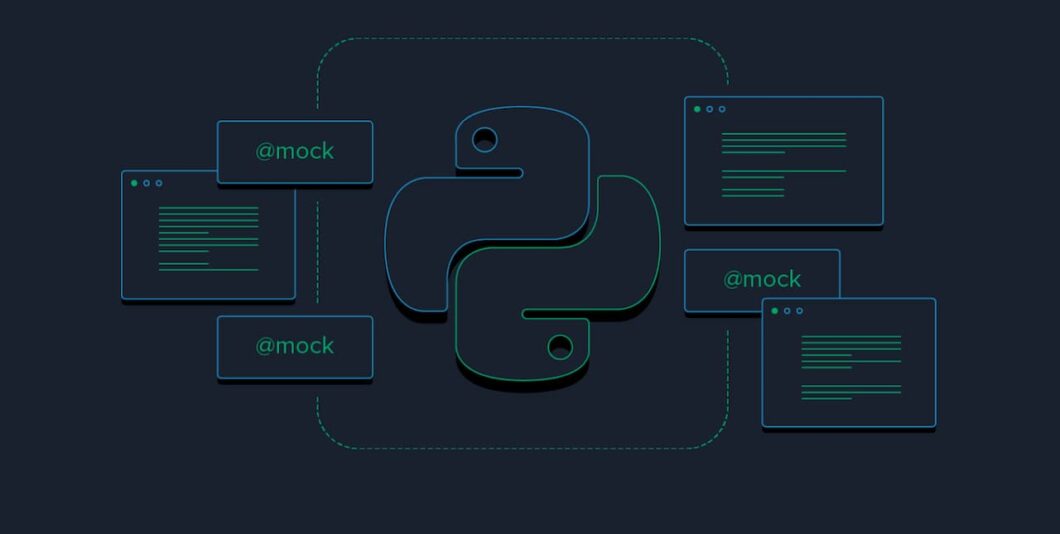
Mastering Python: Essential Skills for Thesis Writing in Data Analysis
Introduction:
In the dynamic realm of academic research, the ability to wield powerful tools is essential for crafting compelling theses that stand on the shoulders of robust data analysis. Python, with its versatility and efficiency, has emerged as a cornerstone for scholars navigating the complexities of data interpretation and visualization. As students and researchers strive to enhance the rigor and depth of their work, proficiency in Python becomes not just advantageous, but indispensable. Moreover, these skills will assist students in independently writing their theses, as we know that many students turn to thesis writing services for assistance from professionals.
In this article, we delve into the pivotal role that mastering Python plays in the realm of thesis writing in data analysis. From manipulating datasets to uncovering meaningful insights and presenting findings with clarity, Python serves as a catalyst for elevating the quality of academic research. As we explore the essential skills required for effective thesis writing, we recognize the symbiotic relationship between Python proficiency and the quest for scholarly excellence.
Hands-On Learning with Practical Examples
When it comes to mastering Python for data analysis, theory can only take you so far. What truly solidifies your understanding and expertise is hands-on experience. Python offers a remarkable platform for this, enabling you to immerse yourself in real-world datasets and actively engage with them.
Picture this: you’re given a dataset containing information about customer purchases. With Python, you can dive right in, exploring the data, manipulating it to extract relevant information, and deriving meaningful insights. This hands-on approach allows you to not only understand the theoretical concepts but also see them in action, reinforcing your learning process.
Practical examples play a pivotal role in this learning journey. Through them, you’ll grasp fundamental concepts like data manipulation, where you can filter, sort, and transform your data to suit your analysis needs. Visualization is another crucial aspect, and Python offers a plethora of libraries like Matplotlib and Seaborn to create insightful graphs and charts that bring your data to life.
Moreover, Python empowers you to delve into statistical analysis with ease. From calculating basic measures like mean and standard deviation to performing advanced statistical tests, Python equips you with the tools to uncover patterns and trends hidden within your data.
Just imagine the satisfaction of uncovering hidden patterns in your dataset or creating compelling visualizations that vividly convey your findings to others. Python not only enables this but also encourages exploration and creativity in your data analysis endeavors. So, roll up your sleeves, dive into Python, and experience firsthand the transformative power of hands-on learning with practical examples.
Advanced Techniques for Thesis Success

As you progress in your journey with Python, you’ll find yourself at the doorstep of a vast array of advanced techniques, each tailored to elevate the success of your thesis. Python’s expansive ecosystem caters to a myriad of complex analytical methods, offering a rich playground for exploration and innovation.
One of the most exciting frontiers that Python opens up is the realm of machine learning. With libraries like scikit-learn and TensorFlow, you can delve into the world of predictive modeling and algorithmic optimization. Imagine being able to forecast future trends based on historical data or identifying patterns and correlations that might have otherwise gone unnoticed. Python places these capabilities at your fingertips, empowering you to harness the predictive power of machine learning to enrich your thesis.
But Python doesn’t stop there. It also provides access to deep learning frameworks such as Keras and PyTorch, enabling you to tackle even more complex tasks with neural networks. Whether it’s image recognition, natural language processing, or time series analysis, Python equips you with the tools to delve into the depths of deep learning and extract valuable insights from your data.
Moreover, Python offers a plethora of statistical techniques to complement your analysis. Concepts like regression analysis allow you to model relationships between variables, while clustering techniques help uncover hidden structures within your data. Neural networks, on the other hand, offer a powerful means of learning complex patterns and representations directly from the data.
By embracing these advanced techniques, you not only elevate the sophistication of your thesis but also open up new avenues for exploration and discovery. Python serves as your guide in this journey, equipping you with the tools and knowledge to push the boundaries of data analysis and make meaningful contributions to your field. So, dive deep into Python, embrace its advanced techniques, and embark on a journey of thesis success powered by innovation and insight.
Building a Solid Foundation for Your Thesis
A sturdy foundation is the bedrock of any successful thesis endeavor, and Python stands as a pivotal component within your arsenal. By immersing yourself in the intricacies of Python, you not only acquire technical prowess but also cultivate a disciplined approach to problem-solving. Python’s inherent readability and expansive library ecosystem act as catalysts, streamlining the development trajectory and affording you the luxury to delve deep into the heart of your research. With Python as your steadfast companion, you forge a resilient foundation for your thesis, fortified by meticulous analysis and lucid interpretation of findings.
Resources for Further Exploration
The odyssey of mastering Python is akin to a boundless expedition, with endless avenues of discovery awaiting your exploration. Fortunately, a treasure trove of resources stands ready to accompany you on this enlightening quest. Dive headfirst into a plethora of online tutorials, immerse yourself in vibrant communities teeming with fellow enthusiasts, or embark on specialized courses tailored to your unique interests. From novice enthusiasts to seasoned aficionados, the spectrum of Python proficiency is vast, ensuring there’s something for everyone committed to expanding their skill set. Remember, the pursuit of mastery is a continuous journey, and Python offers an inexhaustible realm for perpetual exploration and growth.
Conclusion
In conclusion, mastering Python is not just about acquiring technical skills; it’s about unlocking endless possibilities in data analysis. From basic data manipulation to cutting-edge machine learning, Python empowers you to transform raw data into actionable insights. Embrace Python as your ally in thesis writing, and embark on a journey of discovery and innovation. With dedication and perseverance, you’ll harness the full potential of Python to craft compelling theses that resonate with impact and excellence.